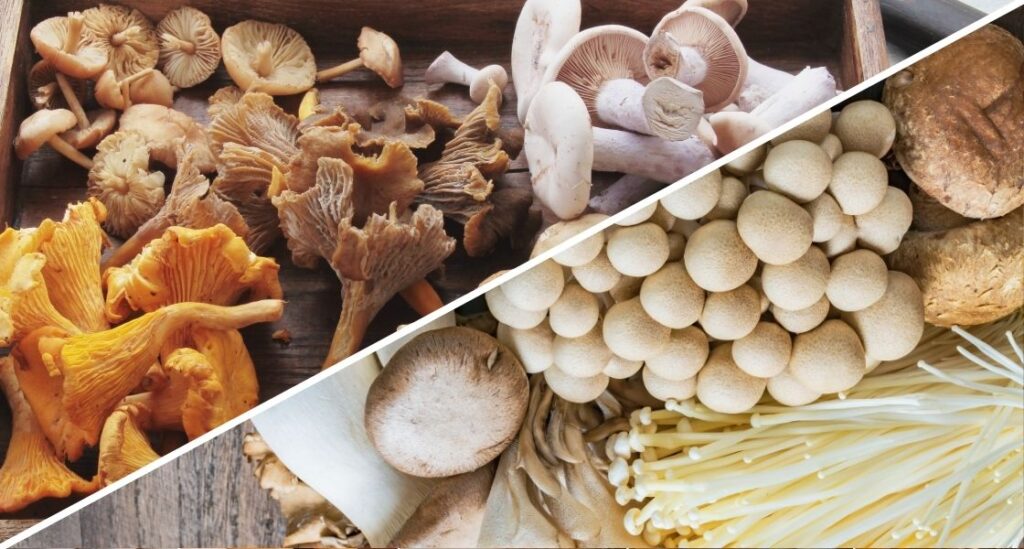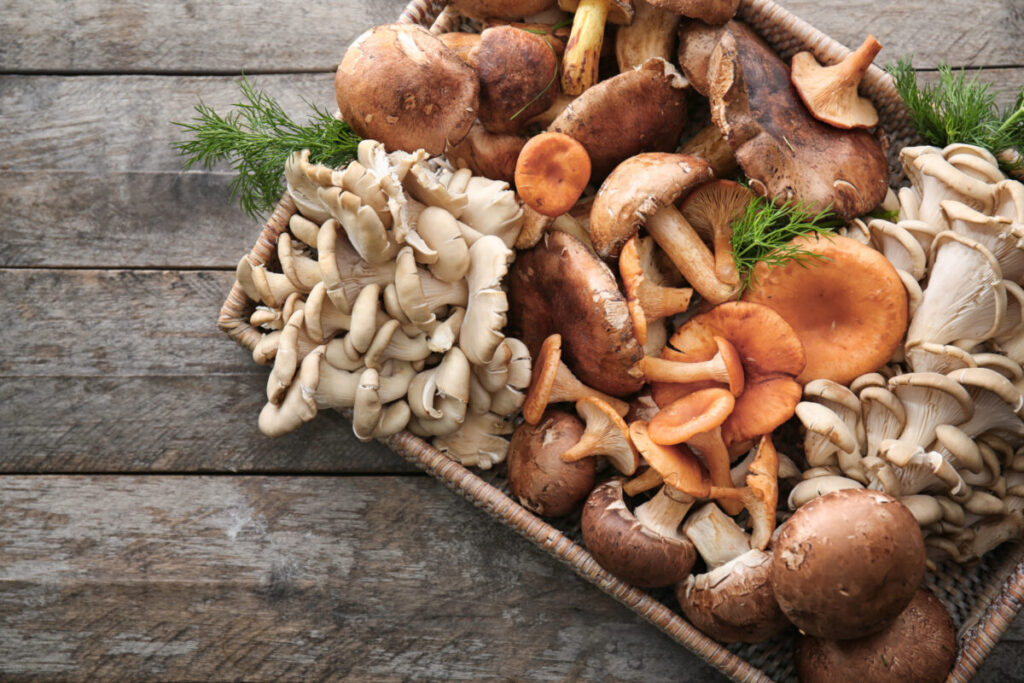The Mushroom Mystery: Are They Truly Vegetarian?

The Mushroom Mystery: Are They Truly Vegetarian?
Mushrooms are a staple in vegetarian and vegan diets around the world, but their unique biological identity often sparks debate. Are they really vegetarian, or do they occupy a grey area in food classification?
Neither Plant Nor Animal – Mushrooms Belong to a Kingdom of Their Own
Biologically, mushrooms are not plants or animals. They fall under the kingdom of Fungi — a distinct group that also includes molds and yeasts. While they may look and cook like vegetables, mushrooms operate differently on a cellular and ecological level, leading to confusion over their classification.
Why Mushrooms Differ from Plants
One of the key reasons mushrooms stand apart from plants is their inability to perform photosynthesis. Lacking chlorophyll, mushrooms cannot convert sunlight into energy. Instead, they absorb nutrients by decomposing organic matter, functioning more like natural recyclers than traditional plant-based foods.
A Biological Middle Ground
Despite having plant-like structures such as stems and caps, mushrooms also exhibit traits that lean toward the animal kingdom. Some fungi feed off living organisms, and their nutrient absorption and reproductive methods differ from plants. Still, they aren’t animals either — they lack brains, mobility, and nervous systems.

A Nutrient-Rich Addition to Vegetarian Diets
Regardless of their fungal roots, mushrooms are packed with essential nutrients such as B vitamins, vitamin D, selenium, and protein. Their meaty texture and umami flavor make them a popular plant-based substitute in a variety of dishes, from stir-fries to burgers.
Fungi in the Kitchen: Treated as Vegetables
Though technically not vegetables, mushrooms are considered and treated as such in cooking. Their versatility and dense texture allow them to shine in vegetarian meals, often mimicking the mouthfeel and taste of meat.
Vegan-Friendly and Free of Animal Products
Mushrooms contain no animal-derived ingredients, making them fully compatible with both vegetarian and vegan diets. Grown without animal involvement, they are an ethical and sustainable food choice for plant-based eaters.
Genetically Unique – A Category Apart
Mushrooms’ DNA is significantly different from both plant and animal DNA, reinforcing their distinct place in the natural world. This genetic distinction further emphasizes why they cannot be lumped into standard vegetarian or non-vegetarian categories.
Nature’s Clean-Up Crew
Ecologically, mushrooms play a crucial role as decomposers. They help break down dead organic matter and recycle nutrients back into the soil, contributing to the planet’s life cycle in a way neither plants nor animals can.
Cultural Views: A Source of Confusion
In certain cultures, food classification hinges on tradition and perception. Because mushrooms don’t grow from seeds or follow typical plant-like cultivation, some consider them “non-vegetarian” — not based on science, but cultural belief.
The Verdict: Vegetarian or Not?
So, are mushrooms vegetarian? Biologically, they’re fungi — not plants or animals. But nutritionally and ethically, they are free from animal products and widely accepted in vegetarian and vegan diets. The confusion largely stems from their scientific uniqueness and cultural interpretations.
Ultimately, whether mushrooms are viewed as vegetarian may depend on individual belief systems and cultural context. But from a dietary and ethical standpoint, they remain a valuable ally to plant-based eaters everywhere.












